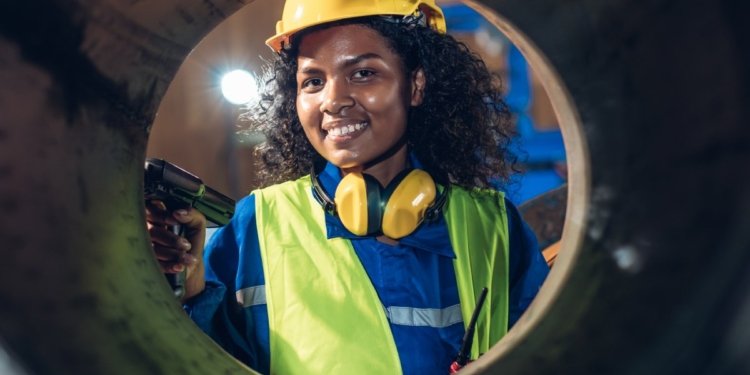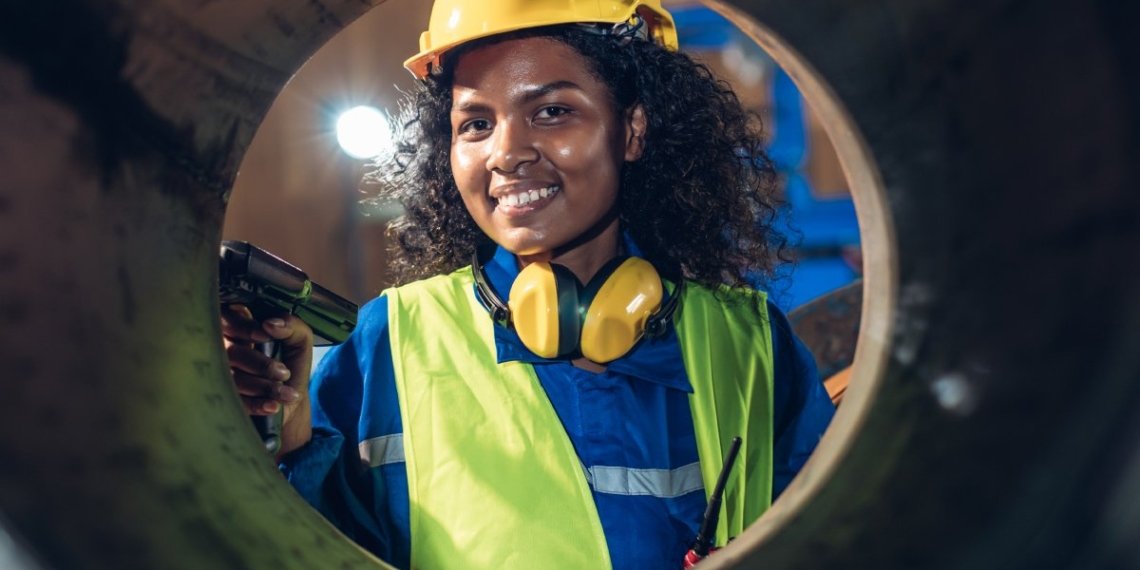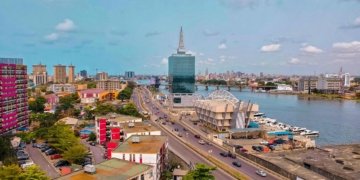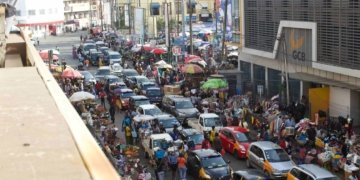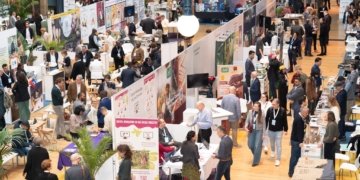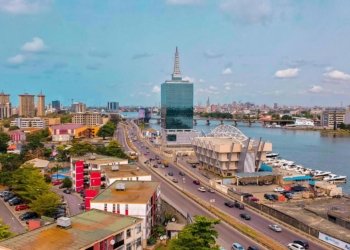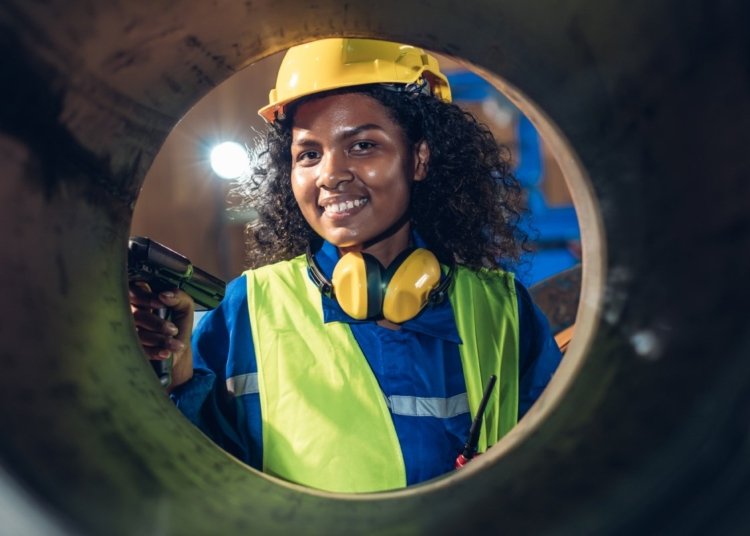YAOUNDE, Cameroon (BG) — On Feb. 11, 2025, Africa joins the global community in marking the 10th anniversary of the International Day of Women and Girls in Science — a moment to celebrate progress, reflect on challenges, and reaffirm commitments to gender equality in STEM (science, technology, engineering and mathematics).
For too long, many African girls have grown up without exposure to STEM careers, shaped by social norms that kept these fields out of reach.
But today, across the continent, a movement is underway. Young women are taking charge of their STEM futures through education, mentorship and innovation.
This year’s theme, “Unpacking STEM Careers: Her Voice in Science,” highlights the need to amplify their voices and break barriers.
A Growing Movement in STEM
This week, science fairs, coding boot camps, STEM competitions and leadership symposiums are organized to inspire the next generation.
The push for gender equality in science aligns with the United Nations Sustainable Development Goals (SDGs), particularly in ensuring quality education, promoting gender equality, and advancing industry, innovation and infrastructure.
SDG 4 calls for inclusive and equitable education, while SDG 5 emphasizes empowering women and girls in all sectors, including STEM.
These goals align with the African Union’s (AU) Agenda 2063, which envisions a knowledge-driven Africa where women play a central role in science, technology and innovation.
From breaking barriers to shaping the future, women in STEM continue to inspire generations.
The African Union’s Science, Technology and Innovation Strategy for Africa (STISA-2024) further reinforces this vision, aiming to bridge gender disparities and position Africa as a leader in STEM fields.
Challenges in STEM Representation
Despite progress, significant challenges persist. According to the Factsheet on STEM Education in Africa (2023), only 28% of STEM professionals in sub-Saharan Africa are women.
Africa’s investment in research and development remains critically low, at just 0.54% of its GDP, falling short of the 1% target set by the African Union.
Weak digital infrastructure and a persistent gender gap in resource access hinder young women from entering and excelling in STEM fields.
Addressing these issues requires policy changes, increased funding, mentorship programs and a shift in societal perceptions about women in science.
This year’s celebrations will see African nations hosting various initiatives to inspire the next generation of women scientists.
The Role of SIFA in STEM Development
The Skills Initiative for Africa (SIFA) Financial Component empowers women and girls in science, helping to build “The Africa We Want.”
SIFA recently awarded a €389,790 grant to Arba Minch University in Ethiopia to develop and validate new technologies that reduce the processing time for women farmers growing enset corn in southern Ethiopia.
This innovation lightens their labor burden and boosts productivity, empowering women economically while enhancing their technological skills.
SIFA is an initiative of the African Union Commission (AUC), supported by the German government to strengthen occupational prospects for young people in Africa.
Eight countries have been selected as pilot countries: Cameroon, Ethiopia, Ghana, Kenya, Nigeria, South Africa, Togo, and Tunisia.
Organizations Driving STEM Progress
Organizations like STEMi Africa, African Girls Can Code, the African Institute for Mathematical Sciences (AIMS), the Siemens EmpowerHER initiative and many others are leading the way in creating opportunities for young women to explore careers in STEM.
These initiatives ensure that their voices are heard and their contributions recognized.
As Africa celebrates this milestone, the focus must remain on the future.
With growing recognition of African women in science through initiatives like the L’Oréal-UNESCO Young Talent Awards for Sub-Saharan Africa, a renewed push exists to strengthen STEM education centers, increase public funding and ensure more inclusive media representation.
Implementing STEM-focused policies, such as STISA, will transform Africa into a global hub for scientific innovation.
A Call to Action
The 10th anniversary of International Day of Women and Girls in Science is a day of recognition and a call to action.
The future of Africa’s scientific landscape must reflect the diversity of its people, ensuring that every girl knows she belongs in STEM.
A recent World Bank report revealed that investing in the untapped potential of adolescent girls in Africa could add $2.4 trillion to the continent’s economy by 2040.
